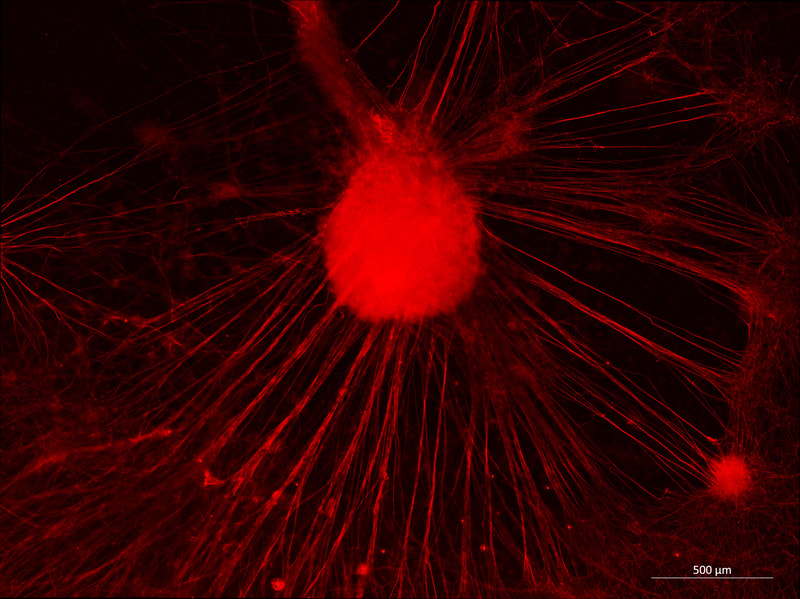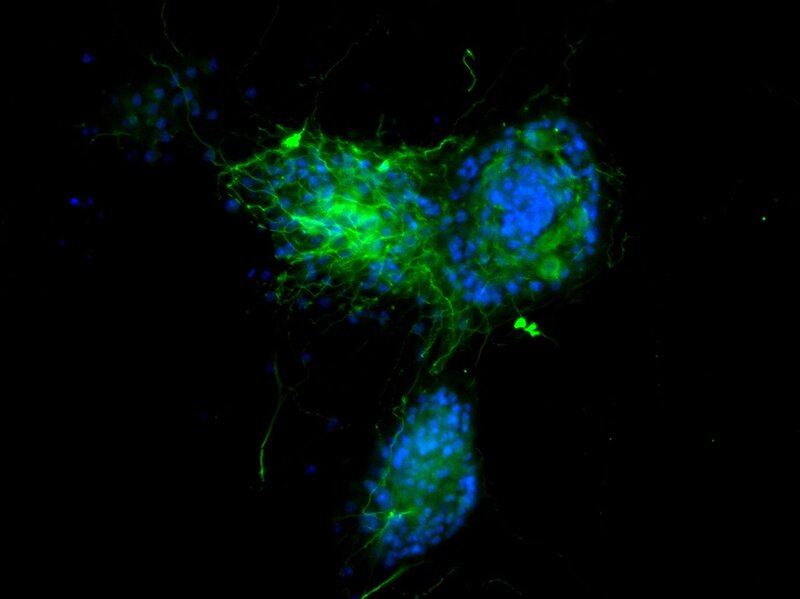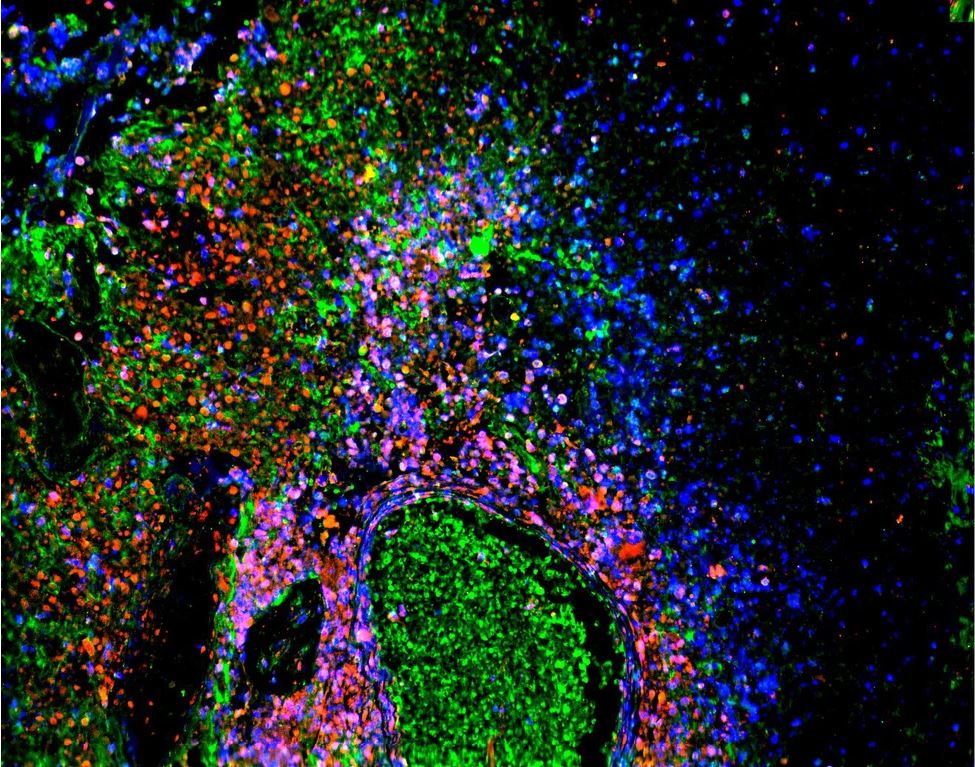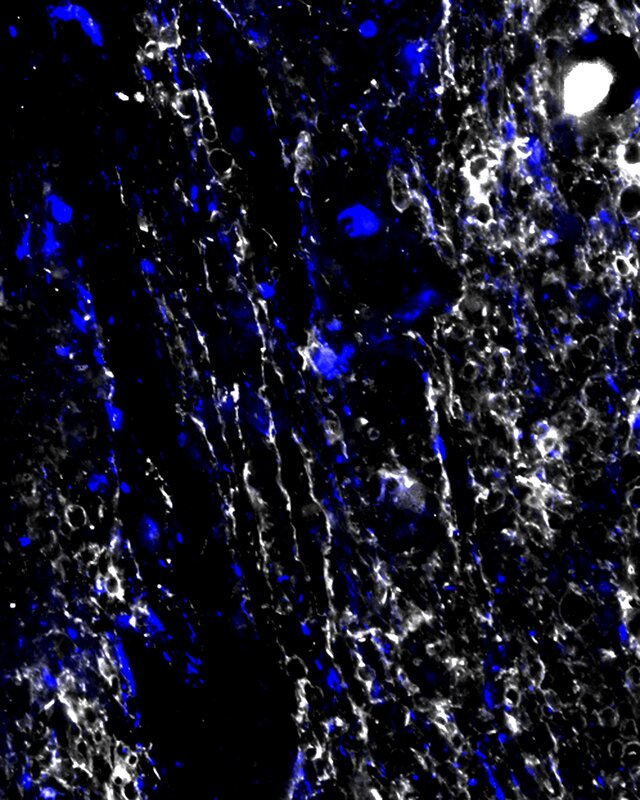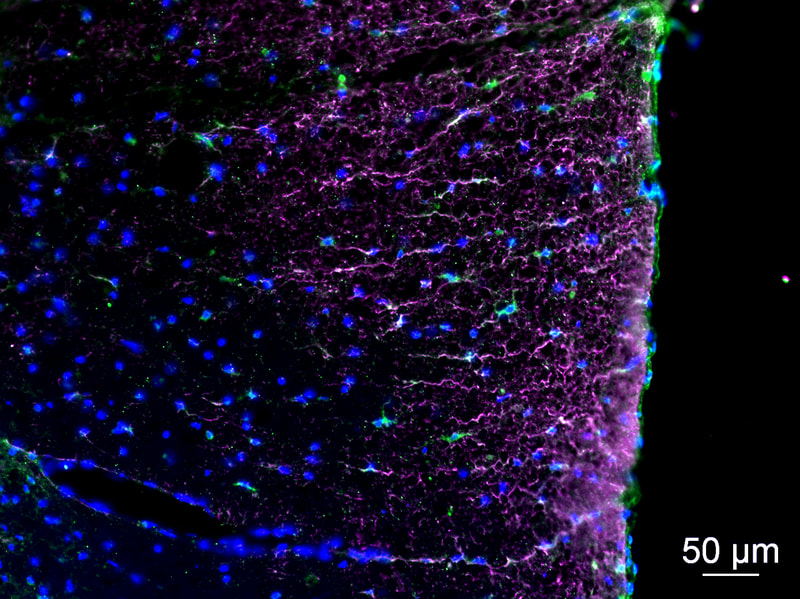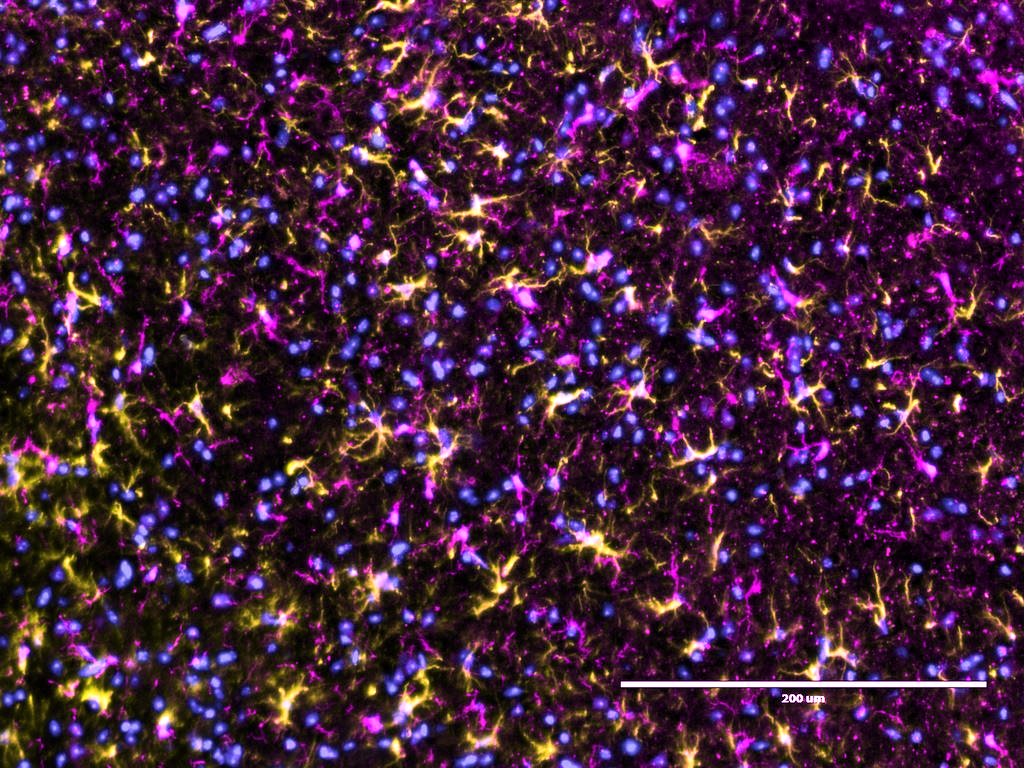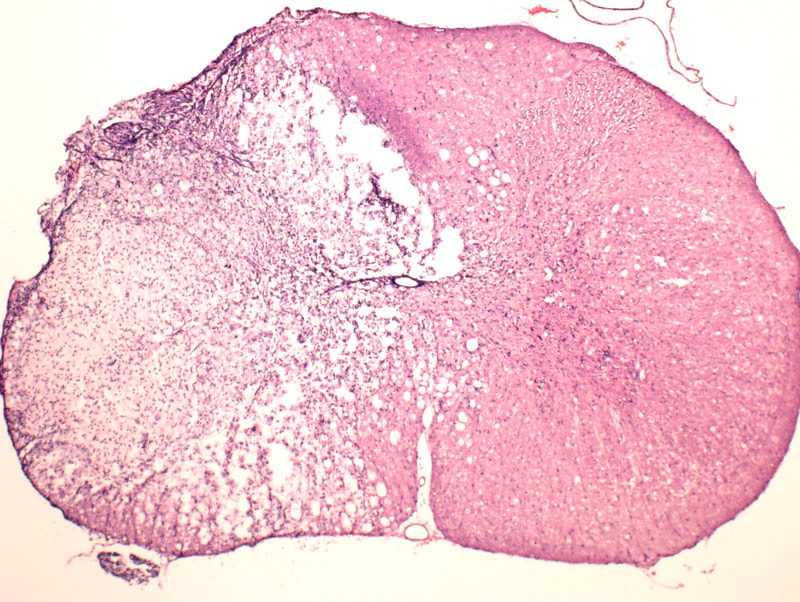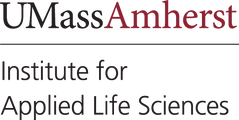What we are about:
Our lab aims to develop new therapeutic strategies for restoring function after neural injury. Specifically, we seek to apply elements of cancer biology and materials science to retrain the damaged nervous system and overcome barriers to tissue regrowth. Our success will in part be driven by a spirit of collaboration and open science that increases our impact and broader community engagement. We will also foster a diverse, inclusive environment to elevate all researchers alike. Diversity of experience and mindset lifts and enriches us all, both in the classroom and the research laboratory. The Cornelison Group, and UMass at large, is committed to promoting inclusiveness, social justice, and respect for all, regardless of race, ethnicity, color, religion, gender identity or expression, or sexual orientation.
To learn more, see: https://www.umass.edu/diversity/about
To learn more, see: https://www.umass.edu/diversity/about
Our mission:
In this lab, we are committed to promoting the well-being and success of all members and those with whom we interact or impact. Towards this goal, we pledge the following actions:
- Prioritize the physical and mental well-being of all members, display integrity towards each other, and promote a judgment free environment with respect at all levels.
- Support each other’s goals academically, scientifically, and personally, and actively celebrate individual and collective accomplishments, big or small.
- Promote a collaborative environment, both within the lab and across labs, and work together as a team to achieve shared and individual goals.
- Encourage and participate in uncomfortable conversations, avoid comfort bias, and take action to advance justice, equity, inclusion, and diversity in science, including neurodiversity.
- Conduct ourselves and our research with the highest level of integrity.
- Make a positive impact on society while avoiding harmful or unethical effects on humans, animals, and the environment.
- Promote scientific accessibility by being transparent with data collection and distribution as well as engage in effective science communication to encourage curiosity and confidence in younger generations.
- Consider our research aims “from cradle to grave” by consistently evaluating and aligning our projects with an eye toward effective and accessible clinical translation.




